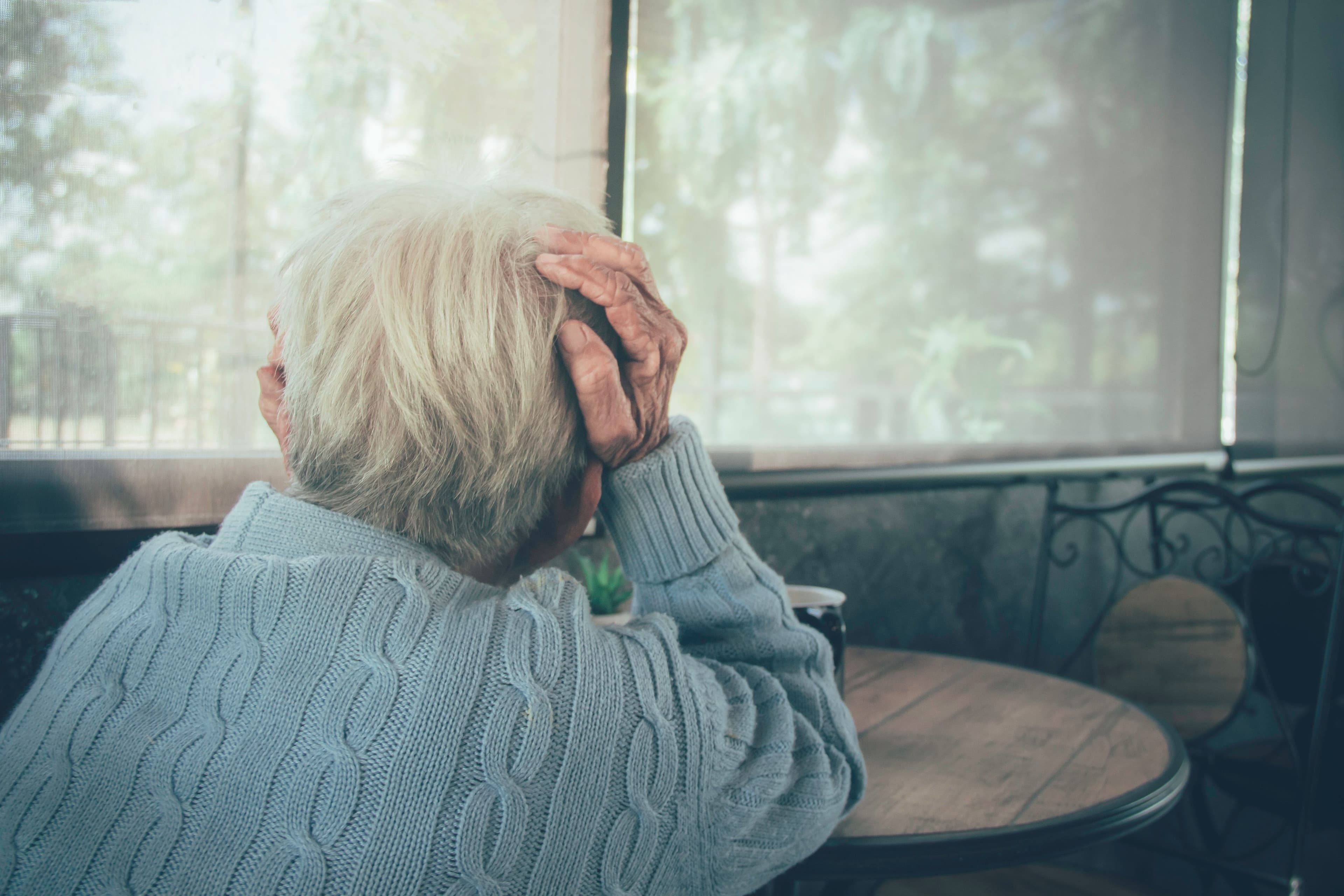
Nursing home abuse and neglect put vulnerable residents at serious risk, leading to malnutrition, dehydration, infections, and preventable injuries. When facilities fail to provide adequate care, residents suffer, and families are left feeling helpless. Lack of supervision, improper medical treatment, and unsafe conditions can result in devastating harm. Understanding the warning signs, knowing your legal rights, and holding negligent facilities accountable are crucial steps in protecting your loved ones. Learn how to take action and seek justice.
September 4, 2025
3 min
Few issues cut to the core of nursing home neglect more than malnutrition and dehydration. Food and water are among the most basic human needs, yet countless nursing home residents across the United States are denied even these essentials. According to studies, up to 60% of residents are malnourished, and nearly 50% suffer from some form of dehydration. These numbers are staggering — and deeply troubling.
For families, the decision to place a loved one in a nursing home often stems from the need for professional care. It is an act of trust: trusting that trained staff will provide the safety, support, and dignity that aging relatives deserve. When facilities fail in something as fundamental as providing nourishment and hydration, they shatter that trust — and expose residents to serious, sometimes fatal, harm.
Malnutrition and dehydration are rarely the result of a single mistake. Instead, they are symptoms of systemic problems in nursing homes — often tied to chronic understaffing, lack of training, and cost-cutting measures.
1. Understaffing and Neglect
Many residents require assistance at mealtimes. They may have difficulty feeding themselves due to mobility issues, dementia, or swallowing disorders. When staff levels are dangerously low, caregivers cannot give each resident the time and attention needed. Residents may be left with trays of food they cannot eat or cups of water they cannot reach.
2. Poor Monitoring and Documentation
Federal law requires nursing homes to monitor residents’ weight, fluid intake, and overall nutritional health. But when facilities cut corners, staff fail to track changes or respond when residents begin losing weight or showing signs of dehydration. These oversights are not small — they are violations of basic standards of care.
3. Ignoring Special Needs
Residents with unique dietary requirements — such as pureed foods for those with swallowing difficulties or diabetic-friendly meals for those with blood sugar concerns — are often neglected. Failing to meet these individualized needs can accelerate health decline.
4. Low-Quality Food and Drink
Even when meals are provided, the food may be unappetizing, nutritionally deficient, or not culturally appropriate. Many residents stop eating simply because the food is unpalatable, and staff fail to intervene. Similarly, water and fluids may not be offered frequently enough, especially to those who cannot ask for them.

The human cost of malnutrition and dehydration in nursing homes cannot be overstated. For elderly residents, even short periods of inadequate nutrition or hydration can trigger a cascade of medical problems.
These outcomes are not natural consequences of aging. They are the direct result of negligence.
When a nursing home fails to provide adequate food and water, it is not merely a mistake — it is a breach of the duty of care, and it can amount to elder abuse. Holding facilities legally accountable is critical for two reasons: justice for victims and prevention of future harm.
Through lawsuits and investigations, families can uncover the truth of what happened and push for meaningful change. Litigation often forces nursing homes to address the root causes of neglect: increasing staffing levels, improving training, and upgrading food services. Beyond financial compensation, these cases can spark reform that protects countless other residents.
At our firm, we have seen firsthand how accountability drives change. Each case is not only about one family’s tragedy but also about ensuring no one else suffers the same fate.
Families play a vital role in spotting warning signs and advocating for residents. Because nursing homes may downplay or deny problems, vigilance is essential.
Look for signs such as:
If you see these red flags, act quickly. Ask direct questions, demand documentation, and do not accept vague answers. In many cases, seeking legal advice early can help uncover patterns of neglect and protect your loved one from further harm.
Attorney Michael Hill has dedicated his career exclusively to representing victims of severe nursing home neglect and abuse, including cases of malnutrition and dehydration. With record-breaking verdicts — including the highest verdict ever recorded against a nursing home in Ohio history — Michael has become a nationally recognized advocate for vulnerable residents.
Michael has been consistently recognized by his peers as one of the top trial attorneys in the country, earning Super Lawyers honors year after year and being named among the Top 100 lawyers by the National Trial Lawyers Association. His mission is clear: to give a voice to those who cannot speak for themselves and to hold negligent nursing homes fully accountable for the harm they cause.
If your loved one has suffered from malnutrition or dehydration in a nursing home, Michael Hill can help you uncover the truth, demand justice, and protect other families from experiencing the same heartbreak.